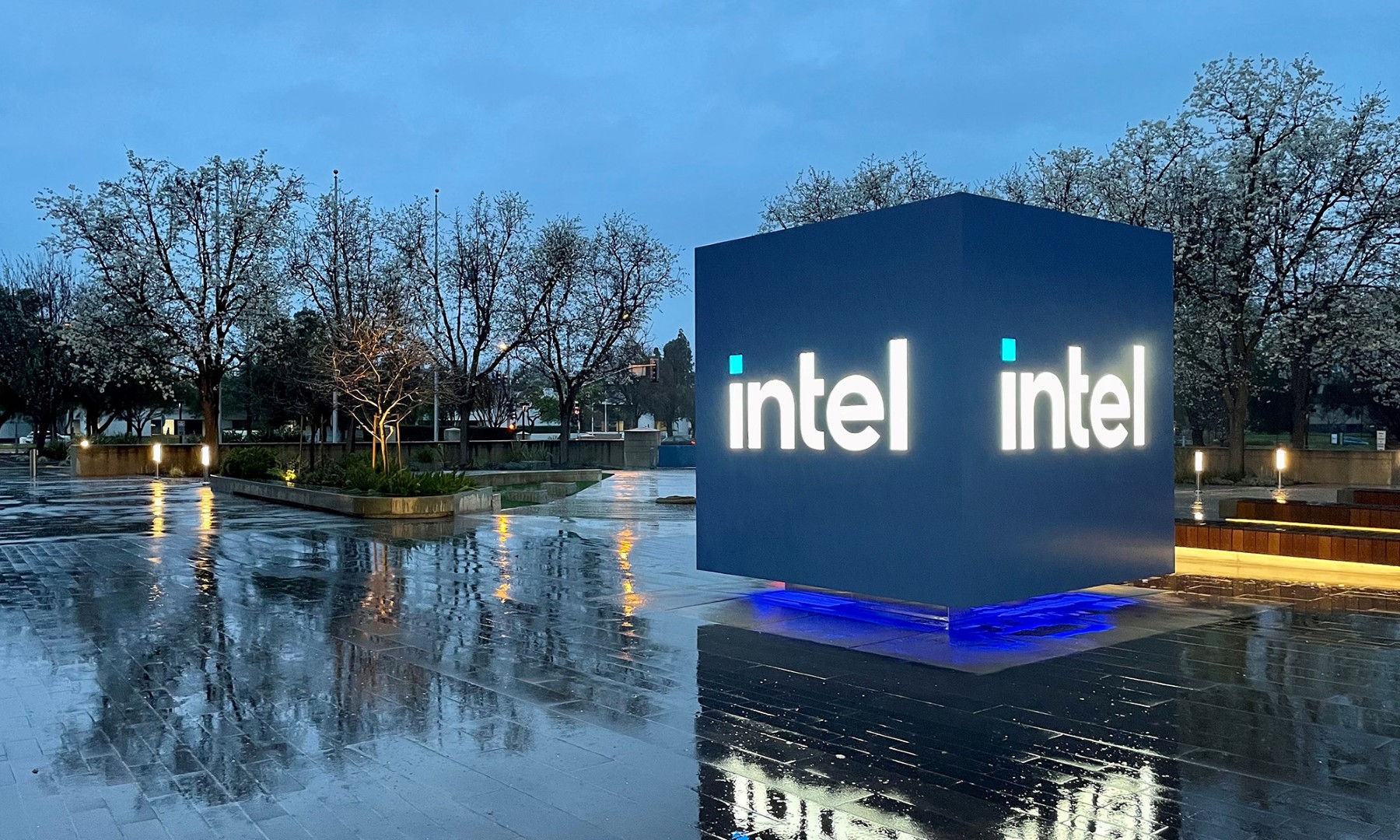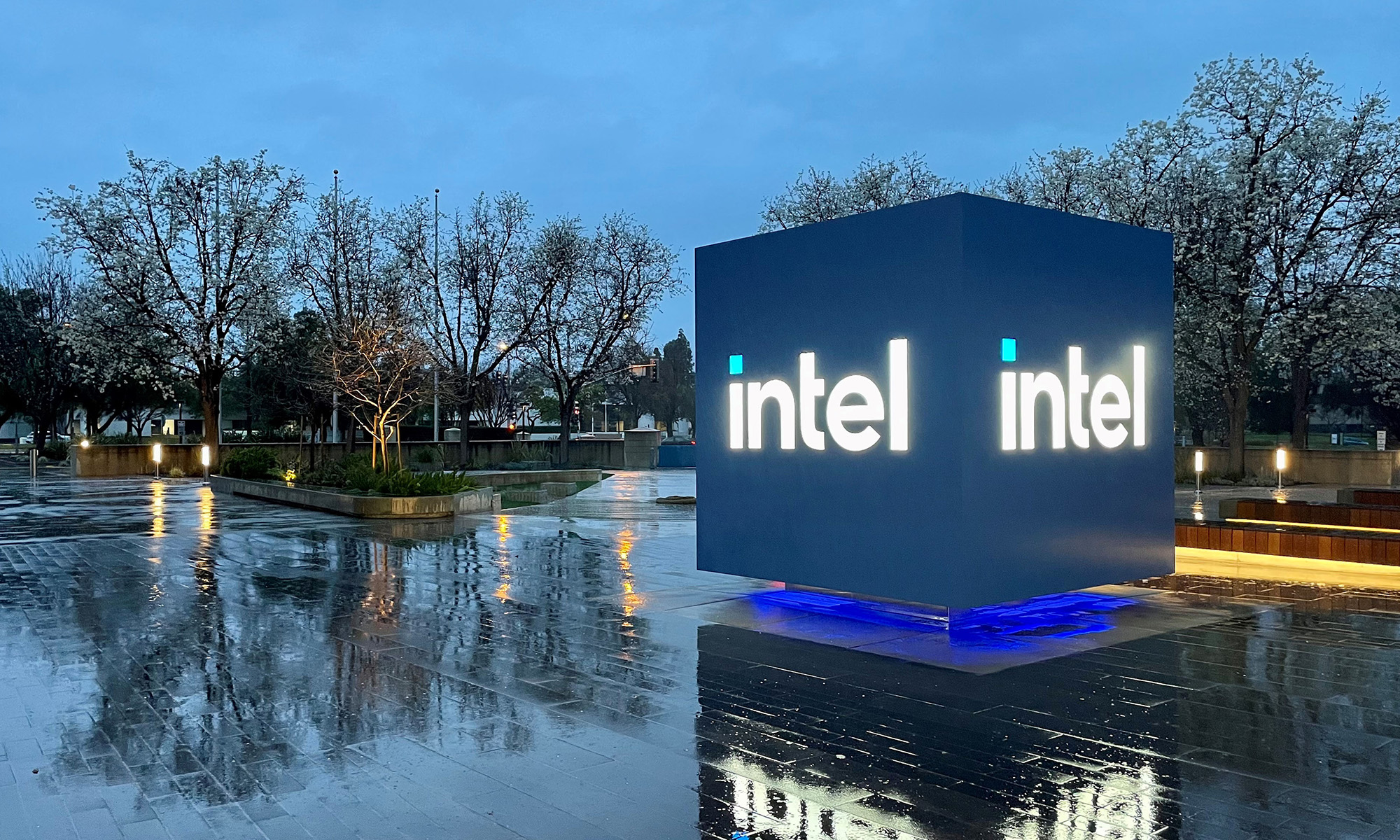Per The Sunday Times, chip giant Intel (INTC +10.90%) "is laying off 40 people at a specialized internet-of-things technology unit at its campus in Lexlip, [County] Kildare."
These layoffs will reportedly impact the company's "Quark group."

Image source: Intel.
By way of background, Intel announced its Quark line of ultra-low power micro-controllers to address the low-cost/ultra-low power portion of the Internet of Things market.
The Quark micro-controllers, an Intel webpage dedicated to the product family says, can be used in a wide range of applications such as smart buildings, retail, industrial/energy, and "other segments."
Here's why I'm not at all surprised that Intel is laying these people off.
Intel needs to focus
To be perfectly blunt, I'm not entirely sure why Intel felt the need to dedicate precious research and development resources toward the Quark line of micro-controllers.
In the micro-controller market, Intel would need to compete with many established players that arguably have better/more suitable technology for these various applications as well as the deep business relationships with key customers and distributors that Intel simply doesn't have.
Moreover, while the total addressable market for such products is large from a unit perspective, the total revenue opportunity -- though reasonable -- isn't exactly game changing.
A while back, Intel quantified the incremental opportunity that the Quark products would drive for the company. The company said at the time that the average selling prices for embedded 32+ bit micro-controllers (e.g. Quark) are about $1 and total industrywide unit shipments of such products on an annual basis come in at around two billion.
The entire total addressable market that the Quark products would be going after, then, would be worth approximately $2 billion. Of that Intel might get, what, if it invests heavily over a long period of time? 10%? 20%?
The company would need to invest quite a lot of money on research and development, marketing, and so on just to get what would likely be a small slice of a very small pie (even 20% of $2 billion is just $400 million -- a drop in the bucket relative to Intel's roughly $60 billion in annual revenue).
This isn't to suggest that Intel shouldn't try to go after new markets, but low-performance, low-priced, and low-power embedded micro-controllers are neither Intel's forte nor are they, frankly, adjacent to the company's core high-performance processor business.
Given that Intel seems to be trying to implement some operating expense discipline, it makes sense that the company would start cutting its spending in areas that aren't likely to yield much of a financial return so that it can redirect that spending toward higher-impact products and market segments.
Expect Quark to be killed
Although at this point I'm engaging in speculation, I think the following is reasonable to expect: Intel is probably going to kill off Quark.
The Quark products already faced an uphill battle even with Intel attacking it with substantial investments; in laying off a substantial number of the engineers involved with the project, I suspect that Intel is planning to simply shutter its efforts here altogether.
Intel is a company that develops platforms for highly compute-intensive markets. PCs, servers, and self-driving cars fit that bill -- low power embedded micro-controllers that sell for about a buck each don't seem to.






